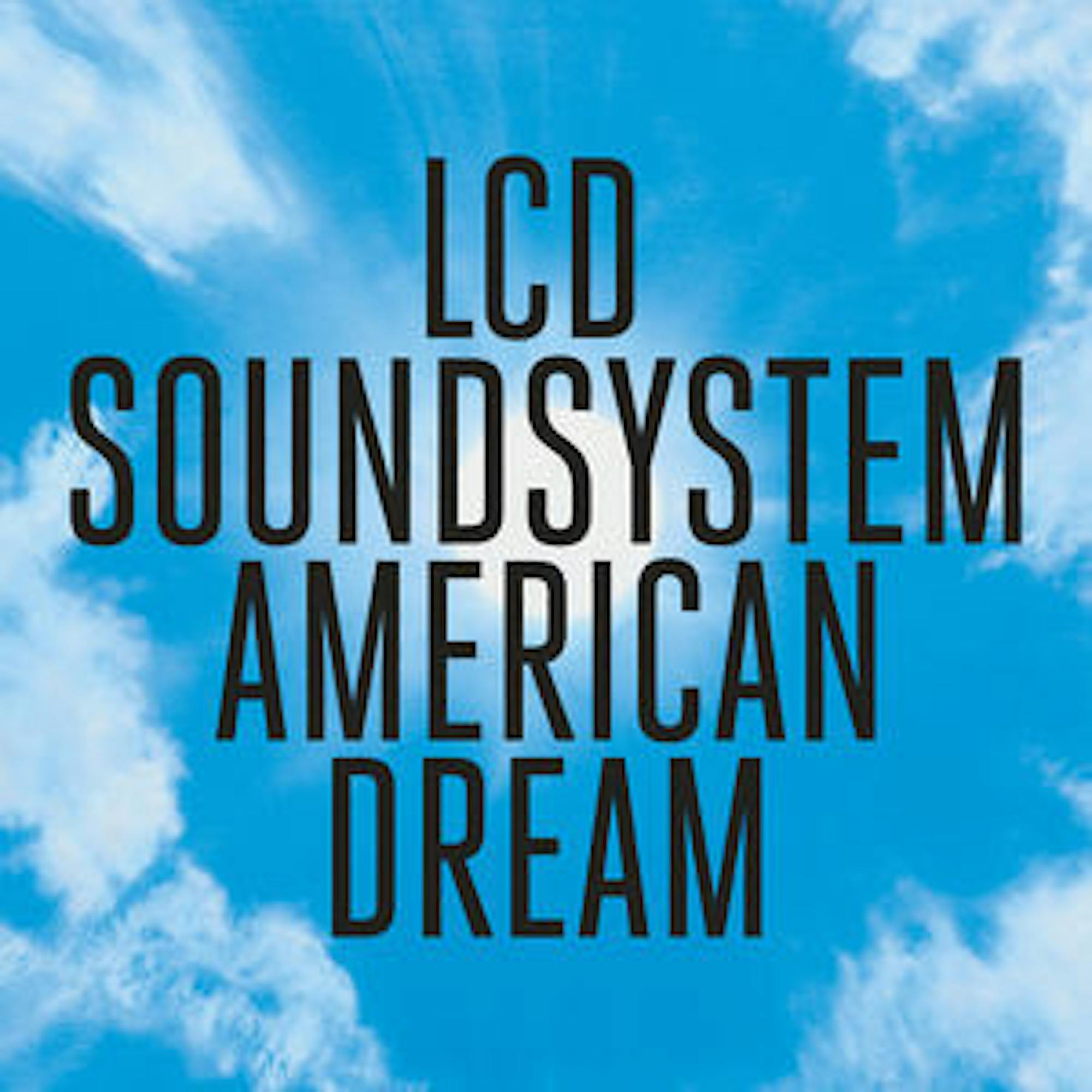Almost every review of LCD Soundsystem’s new album “American Dream” (2017) mentions the same thing: the album is the perfect manifestation of what it means to age. This certainly has been a prominent theme for the band, ever since its first single “Losing My Edge” (2002). The song, deemed alternative dance and dance-punk by music critics,shrewdly satirizes the hipster types who do not feel relevant anymore in the music scene and features over-the-top lyrics like “I was the first guy playing Daft Punk to the rock kids.” In terms of its sound, it revolutionized the alternative music scene of the 2000s from something sentimental, soft and “emo” to something odd, loud and nostalgic.
Even though “Losing My Edge” debuted roughly 15 years ago and was written specifically for an "older" young crowd, it is still very much enjoyed by college students across the globe. The band's other major hit, “All My Friends” from sophomore effort “Sound of Silver” (2007) deals with similar themes of aging and nostalgia and has found success among students.At age 47, frontman James Murphy hardly looks like the rock star that a bunch of 18-year-olds would admire — yet he is. To understand the allure behind the band, one needs to understand the mind of James Murphy and his infamous label DFA Records.
Founded in 2001 by Murphy, along with Mo' Wax record label co-founder Tim Goldsworthy and manager Jonathan Galkin,DFA set out to represent eccentric and original bands that merged dance and indie, the type of music that defined the 80s alternative scene with acts like New Order and Talking Heads.DFA’s entire catalogue consists of bands with sounds both original and influenced by this alternative scene.
Consider Hercules and Love Affair, the dance music collective fronted by American DJ Andy Butler.The band’s sound is late 70s and early 80s disco, but it replaces the subtle, hidden queerness of the era with something bolder. The name of the band derives from the Greek mythological hero Hercules and his relationship with his male servant Hylas.
The majority of members of Hercules and Love Affair identify as queer, and many of the group’s songs celebrate queer desire. Their first and biggest hit, “Blind” (2008), features vocals by Anohni, the Mercury prize winning musician who is very outspoken about trans causes. It seems unlikely that Hercules and Love Affair would find mainstream success in the 80s or even exist as a group. That said, it is also impossible to talk about their music without mentioning the 80s.
In the early 2000s, DFA bands such as LCD Soundsystem and Hercules and Love Affair reclaimed and rebranded this period of music unknown to contemporary youth. Although their biggest hits have (ironically) reached the point of aging, their new releases, “American Dream” and “Omnion” (2017) respectively, demonstrate their continued relevance and enduring sound. Each group, however, has taken a different approach to staying contemporary.
One of the best tracks off “Omnion” is in Arabic, sung by Hamed Sinno, the charismatic front man of the Lebanese indie band Mashrou' Leila. Although still an up-and-coming band in the United States, Mashrou' Leila has become the face of LGBTQ culture in the Middle East, as the band frequently touches upon sexuality both in their songs and interviews. By collaborating with Mashrou' Leila, Hercules and Love Affair celebrates queerness on a global scale and once again makes a bold statement by promoting intersectionality. Also, by collaborating with a younger queer band, it is able to reach a new audience that wasn't around when "Blind" debuted nearly 10 years ago.
“American Dream” lacks the collaborations found on “Omnion,” yet it flourishes by remaining self-conscious about aging. LCD Soundsystem began as a band commenting on age, and its music has only grown more immediate with the aging of its members.
Both “American Dream” and “Omnion” are much anticipated and satisfying returns of two 2000s bands that have dealt with themes of age, time and nostalgia their entire careers. Because their music remains exciting, college students and the new youth will continue to feel nostalgic about a time they have not lived through.
LCD Soundsystem, Hercules and Love Affair continue to explore nostalgia for times unknown

The cover of LCD Soundsystem’s new album “American Dream” (2017).





